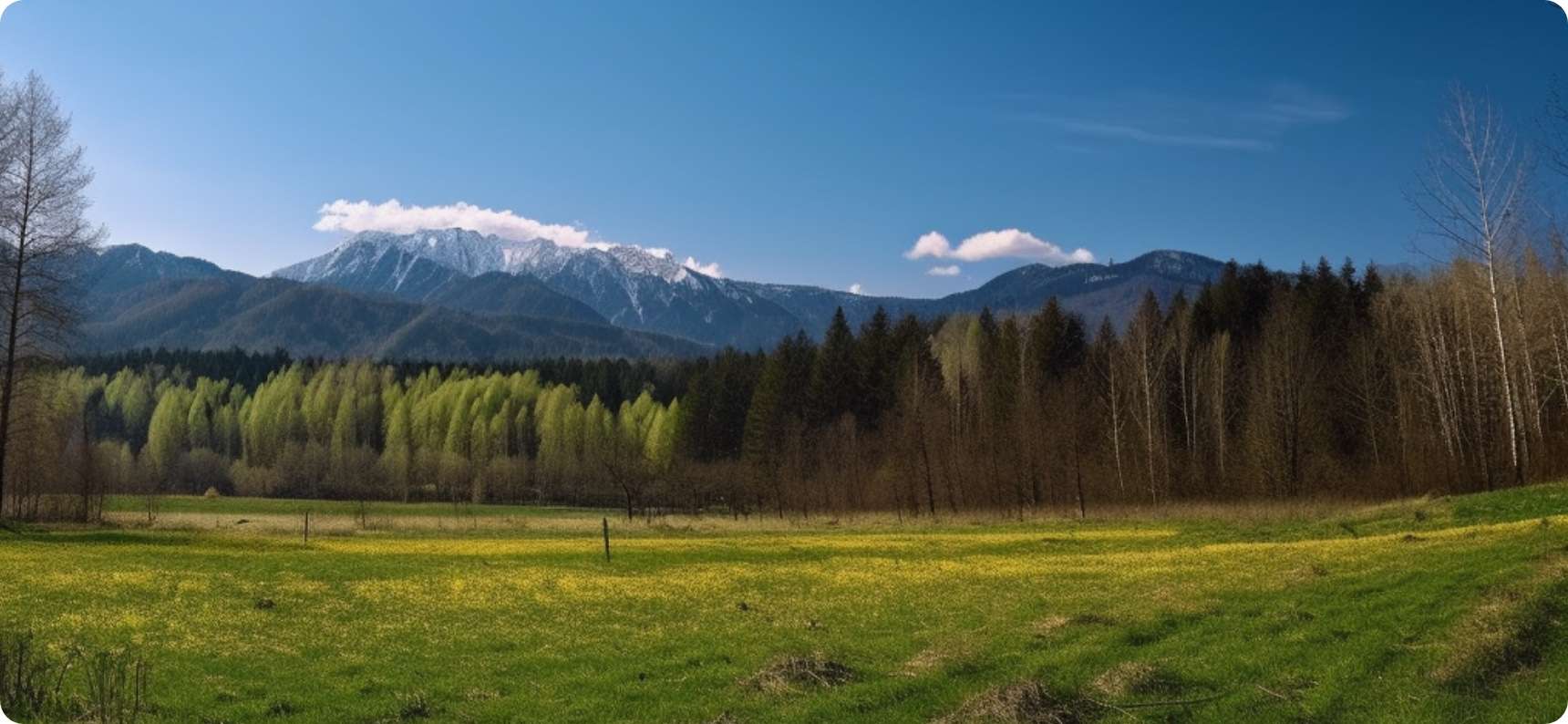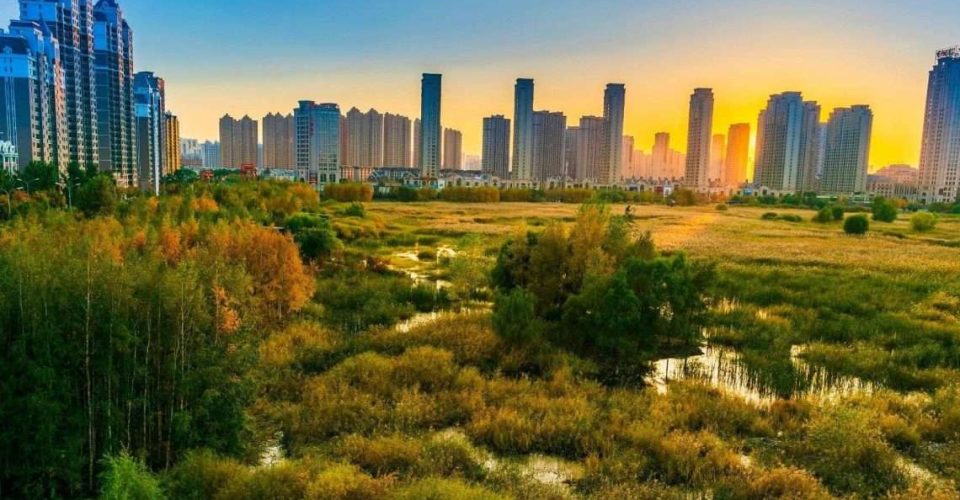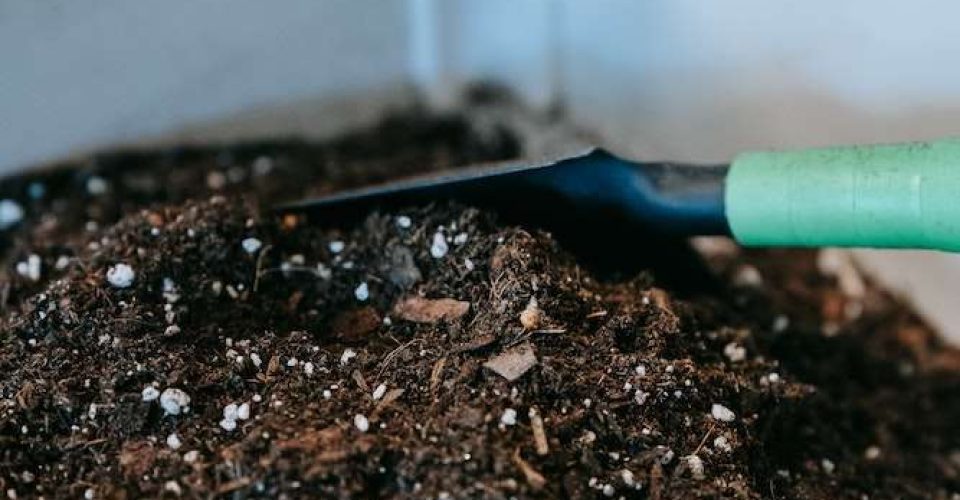Recently famed researcher Ernst Götsch sat down via Zoom to give some insight about the future of agriculture, drawing from his vast experience of life and work. Read along to learn more about his journey and to draw inspiration for your own regenerative agriculture journey.
Is it more important to create a resilient crop that is designed to withstand the many challenges it may face in its ecosystem, or is it more important to focus our efforts on creating a resilient environment in which crops can naturally thrive? Researcher Ernst Götsch has devoted his life to answering this complex question and the results are very hopeful.
Born in Switzerland in 1948, Götsch’s early life was spent working as a researcher in plant genetics. As Götsch progressed in his career, he began to ask himself the question, “Wouldn’t we achieve greater results searching for…development [of a functional ecosystem], rather than by creating genotypes to support the bad conditions we impose on them?” In other words: isn’t it better to support healthy ecosystems that nourish the native plant and animal life in them, vs. change the plants and animals to support unhealthy ecosystems? This question would prompt Götsch to quit his job, taking him from his native Switzerland to locales like Costa Rica and Brazil as he began to run experiment after experiment.
From experimentation to innovation
Ernst Götsch began to explore what would happen if crops were planted with “companion species”: those that were suited to the same ecosystem and even contributed to the flourishing of plants around them. For example, Götsch discovered that if a small farming operation planted corn and beans together with “the right genotypes” (genotype refers to the genetic makeup of a plant), there would be a resulting 30% increase in the yield of corn without the addition of any fertilizer or crop treatment. This farming operation demonstrated that plants with a similar genetic structure often complement rather than compete with one another, increasing the yield of both!
In those early days Götsch tested crop rotations and combinations, exploring how various species of fruit, root vegetables, and grasses fared in ecosystems like low grasslands, pasture fields, and even forests. In many ways, Götsch was practicing biomimicry, which is the process of mirroring natural processes that already take place in nature.
Is it more important to create a resilient crop that is designed to withstand the many challenges it may face in its ecosystem, or is it more important to focus our efforts on creating a resilient environment in which crops can naturally thrive?
A holistic approach to planting
Ernst Götsch was determined to find out what might be possible if crops were planted with a holistic approach, taking into account the full picture of the ecosystem in which it was planted, the weather patterns, any historic degradation, poor farming practices, and their results. What if planting became an exercise in attempting to achieve greater yield and health through the goal of overall ecosystem synthesis?
Götsch began to incorporate agricultural techniques such as selective weeding which involved removing plants that were no longer thriving, using them instead to enrich the area: the plants were broken into small pieces and spread along the ground, decomposing and regenerating the soil with the nutrients they left behind.
Götsch even began to see results in a farm he had purchased that came with warnings about how critically depleted the land’s soil was; so depleted in fact that it hadn’t been able to yield a harvest for quite some time. However, thanks to his patience and holistic land management strategy, he succeeded in turning a depleted property into a lush and restored space where crops and animals not only survived but thrived.
It is not only possible, but optimal for crops to work with the natural elements of an ecosystem rather than being primed with pesticides and other measures to merely survive the bad conditions we impose on them.
To this day, one of Götsch’s experiments in Brazil has earned the name Fugidos da Terra Seca, which means “Escaped from the Dry Land.” The land had transformed, escaped its dryness and become a lush, thriving oasis. Today, experts travel from around the world to study with Gotsch and visit him on his land, learning that they too can restore their land and become a part of the regenerative movement.
A lasting regenerative legacy
After years of patient experimentation and land restoration, Götsch has found his answer: It is not only possible, but optimal for crops to work with the natural elements of an ecosystem rather than being primed with pesticides and other measures to merely survive the bad conditions we impose on them. Today Götsch’s efforts have led to the development of a method which has become known as “syntropic agriculture” – the technique of matching plants together in ecosystems that support and enhance one another’s growth (originally this was called “agroforestry” or “successional forestry”). He travels around the world teaching farmers, governments, institutions, NGOs, and cooperatives alike about the benefits and possibilities of syntropic agriculture.
Götsch still lives on the farm, originally called Fugidos da Terra Seca (now renamed Olhos D’Água (Tears in the Eyes) which has been largely regenerated through syntropic agricultural techniques. The key to Götsch’s message? The value of hope. With patience, the adoption of regenerative techniques, and the consideration of the earth as an interconnected ecosystem, it is possible to reverse the effects of degradation, mismanagement, deforestation, and more to encourage and produce flourishing, healthy, abundant ecosystems.
Check out Ernst Götsch’s work here: Ernst Götsch: The creator of the real green revolution – Believe Earth



